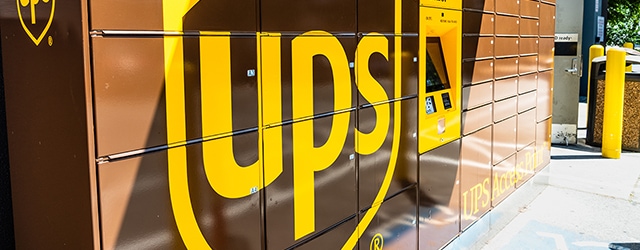Your friendly neighborhood UPS driver could be replaced by a flying robot sooner than you think.

Parcel company UPS is the firstto receive full approval from the US Federal Aviation Administration to operate a commercial drone network. Approval was granted for a medical drone delivery service to support hospitals across the US, following a pilot program on the WakeMed medical center campus in Raleigh, North Carolina.
“UPS, through its work at WakeMed, has proven the need for drone delivery in healthcare operations, where the shortest time in transit can improve efficiency and help healthcare professionals serve their patients better,” explains UPS spokesman Kyle Peterson. He adds that UPS, which generates revenue from its service at WakeMed, had also proven the business case for drone delivery services on hospital campuses.
UPS is looking at a variety of industries in addition to healthcare and life sciences where it can add value and provide distinct benefits and competitive advantages to customers. “As we evaluate industries for these services, we’re looking at the existing infrastructure and demands for speed, says Peterson. Drone delivery makes more sense in some areas than others. “For example,” says Peterson, “a drone service may not be efficient in dense urban areas where package deliveries are already concentrated.”
Rob West, founder of Thunder Said Energy, a consultancy that researches technologies to drive the energy transition, says drones are at the top of its list of opportunities.
“The first reason is the energy efficiency, which is likely to be at least 10 times better than the trusty old UPS truck. Just think—we no longer need to move five-pound packages around in 10-ton boxes called delivery vans. I’m not sure most people realize that the trend toward online retail is likely to increase annual CO2 emissions by over 100 kilograms per person per year, because these traditional delivery trucks are inefficient,” West states.
“It’s a bit more futuristic, but we’re really excited by the new business opportunities these drones will create,” he continues. “For many goods, once delivery becomes immediate and practically free, it will make much more sense to rent than to own.” It could mean, for example, that you no longer need to own a washing machine. In the future, West says, you might send your dirty clothes by drone to large, out-of-town laundromats, which return them clean, directly to your door.



